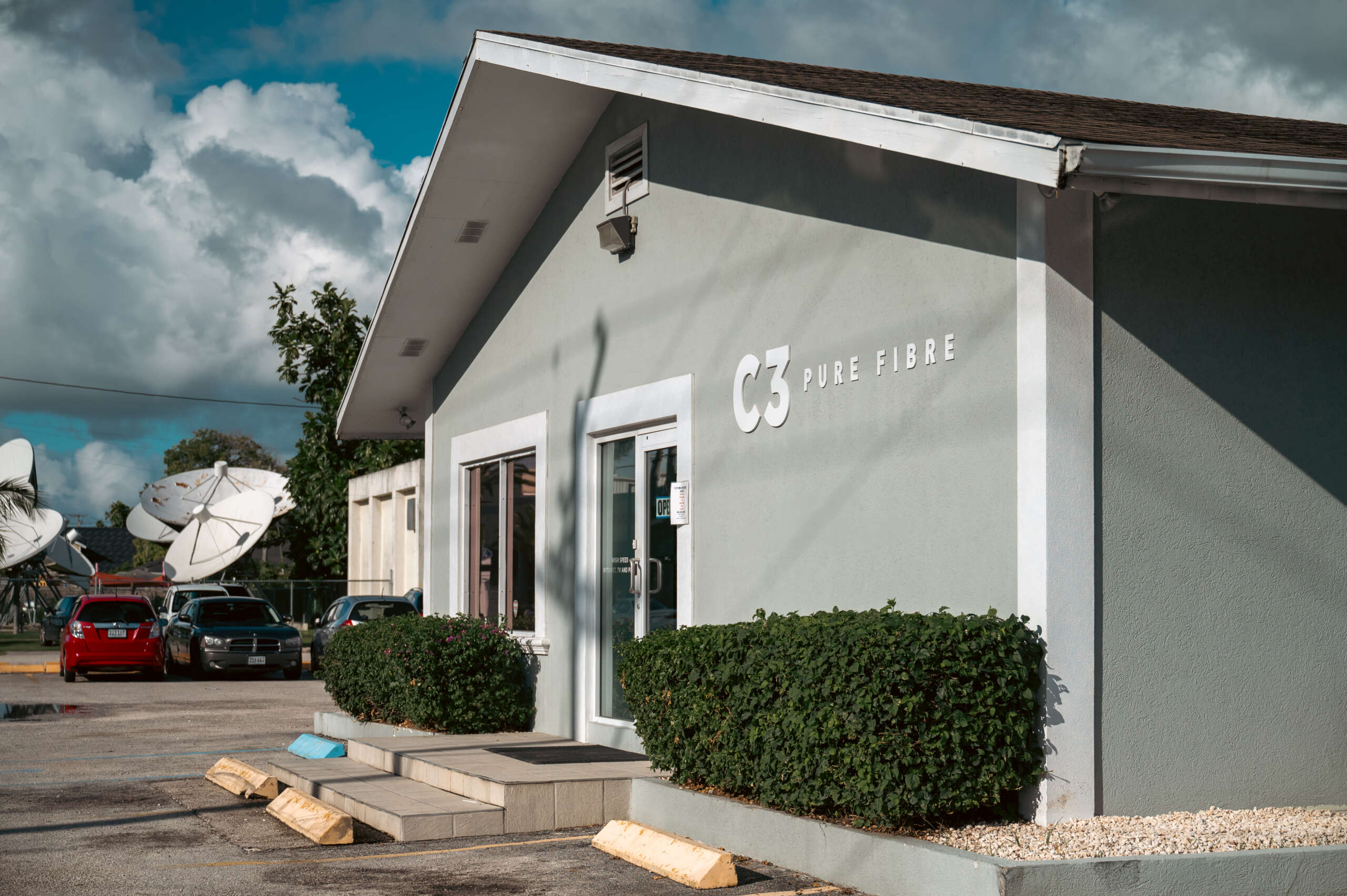By Norma Connolly
Copyright caymancompass

A Grand Court judge has ruled that broadband company C3 Pure Fibre is not required to pay several years of unpaid back fees to the industry regulator.
Infinity Broadband, trading as C3 Pure Fibre, won its legal challenge against the Utility Regulation and Competition Office, known as OfReg, after Justice Ian Kawaley determined that the company was not obliged to pay a ‘royalty fee’, amounting to 6% of its quarterly revenue, or a ‘regulatory fee’, the pro rata share of OfReg’s costs of regulating the information communications and technology sector.
C3 had paid nearly $600,000 in those fees since 2015, but stopped paying the royalty fee in 2019 and the regulatory fee in 2022.
According to the regulator, which says it intends to appeal Kawaley’s ruling, as of late last year, C3 owed it more than $1.4 million in unpaid fees.
No power to charge fees
In his ruling, the judge declared that OfReg had no legal power to raise “coercive revenue” through the royalty fees, which were passed onto government, and also that there were no regulations in place for levying either the regulatory or royalty fees.
The judge found that, while the regulator did have the power to charge initial, annual or renewal licence fees, there was nothing in the legislation to suggest that this power was intended to include coercive revenue.
The decision, however, does not mean that other internet and phone service providers can claim their fees back, as the government last year passed the ICT Validation Act, which, the judge noted, gives the regulator “protection against an avalanche of further claims”.
The ICT Validation Act legally validated all licence fees collected by OfReg from 5 Aug. 2003 until the commencement of the legislation.
“It seems obvious that the purpose of this legislation was to prevent licence holders who, unlike the applicant, had not already commenced proceedings challenging the legality of the licence fees, from doing so in the event that the applicant achieved full or partial success in the present cause,” the judge wrote.
Kawaley referred to an official Hansard parliamentary report of 18 March 2002, when then Member of the Legislative Assembly Alden McLaughlin, during a debate on the ICT Act, pointed out that while the legislation provided for the licensing of ICT networks and services, it did not deal with the question of fees. The judge noted the Hansard transcript indicated that no reply to this observation “was seemingly forthcoming on the floor of the Legislative Assembly, and so the authority gap was unwittingly left unfilled”.
He added, “Ironically, Sir Alden presided in Parliament as Speaker when the ICT Validation Bill was passed.”
C3 began its legal action by applying for a judicial review regarding the disputed fees after the regulator issued an enforcement notice in 2023 to collect those fees. The Grand Court initially denied that judicial review application, but the Court of Appeal later decided C3 had an arguable case.
Following that, C3 issued a statement, pledging to its customers that “if we win at trial, we will offer to reimburse the 6% tax to all our customers through an account credit”.
In a statement in response to Compass queries, OfReg said it “respectfully disagrees with the Honourable Justice Kawaley’s decision”, and confirmed that on 10 Sept., it had filed an appeal against the judgment.
“OfReg is confident that the decision will be reversed through the appellate process,” the regulator said.
It added, “As the matter is now before the Cayman Islands Court of Appeal, and in the interest of preserving the integrity of the appeal proceedings, OfReg will not be providing any further comment on this matter until the final determination of the appeal.”
The Compass has reached out to C3 for comment and is awaiting a response.



